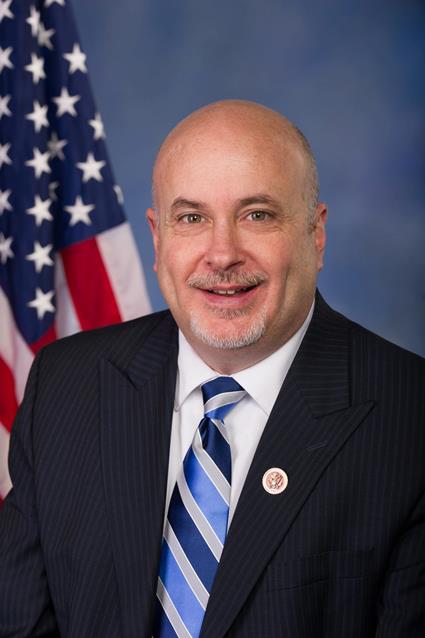Pocan: New GAO Report Shows School Voucher Programs Failing to Provide Students with Equitable Opportunities
The new report from GAO shows the outrageously low standards to which many school voucher programs are held.
WASHINGTON, DC – U.S. Representative Mark Pocan (WI-02) today announced the findings of a new Government Accountability Office (GAO) report regarding taxpayer funded school voucher programs and how they are failing to provide students with equitable opportunity. As part of the report Pocan requested, the GAO studied 27 taxpayer funded private school voucher and education savings account programs in the 2016-2017 school year.
“The new report from GAO shows the outrageously low standards to which many school voucher programs are held. As Secretary DeVos continues her assault on public education and efforts to privatize schools, it is more important than ever to ensure that these programs are held accountable,” said Rep. Pocan. “Every student deserves the opportunity to go to a school that meets their needs and every parent should have the guarantee that their child is in a safe, equitable, and successful environment. The U.S. Department of Education must address the concerns in this report and should immediately institute the GAO’s recommendations. Our students deserve nothing less.”
“Congress should amend IDEA immediately to ensure that parents of children with disabilities know the important rights and services they are leaving behind when they take a private school voucher,” said Daniel Domenech, Executive Director of the American Association of School Administrators. “These scathing findings detailing the lack of transparency and accountability in state voucher programs by a nonpartisan government office should concern all taxpayers, but particularly families with children in public school who see their dollars ripped out of the public school system to support these deeply flawed programs.”
Of the 27 programs studied by the GAO, only 8 of the programs required private schools to comply with annual financial audits, meaning that the states funding the schools often had no clear understanding of the programs the investments are funding. The GAO also found that many of the programs lack accountability and transparency when it comes to disability protections, education standards, professional standards, and information distributed to parents.
Findings from the GAO report include:
- Only about half of the private schools participating in voucher programs provided special education or disability related information on their websites, creating a significant problem for families making a decision about where to send their children.
- Private school voucher programs are inconsistently providing information on changes in key protections and rights under the Individuals with Disabilities Education Act (IDEA) when parents move a child with a disability from a public to a private school.
- 83% of students who were enrolled in a program specifically designed for students with disabilities were enrolled in one that either provided no information or inaccurate information regarding the changes in IDEA rights.
- One third of the 27 programs operating in school year 2016-17 had no academic testing requirements and officials in two of the programs interviewed indicated that some private schools were unfamiliar or unequipped to administer standardized tests.
- Only one third of the programs require schools to publically report test results.
- Only four programs provided information on the graduation rates at participating schools.
- Only an estimated 13% of all private schools participating in voucher programs provide student and school performance data on their websites.
- Just seventeen of the programs required background checks on all employees or on employees with direct and unsupervised contact with children.
The full report is available here.
NOTE: This press release was submitted to Urban Milwaukee and was not written by an Urban Milwaukee writer. While it is believed to be reliable, Urban Milwaukee does not guarantee its accuracy or completeness.
Mentioned in This Press Release
Recent Press Releases by U.S. Rep. Mark Pocan
Pocan Urges WI Hospitals to Resume Providing Gender Affirming Care
Jan 16th, 2026 by U.S. Rep. Mark PocanRefusing to provide this care shows they are choosing to operate as political organizations rather than healthcare institutions.






















